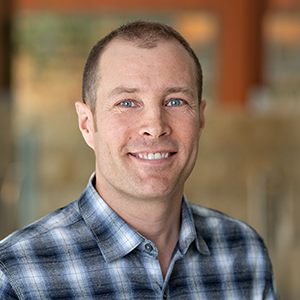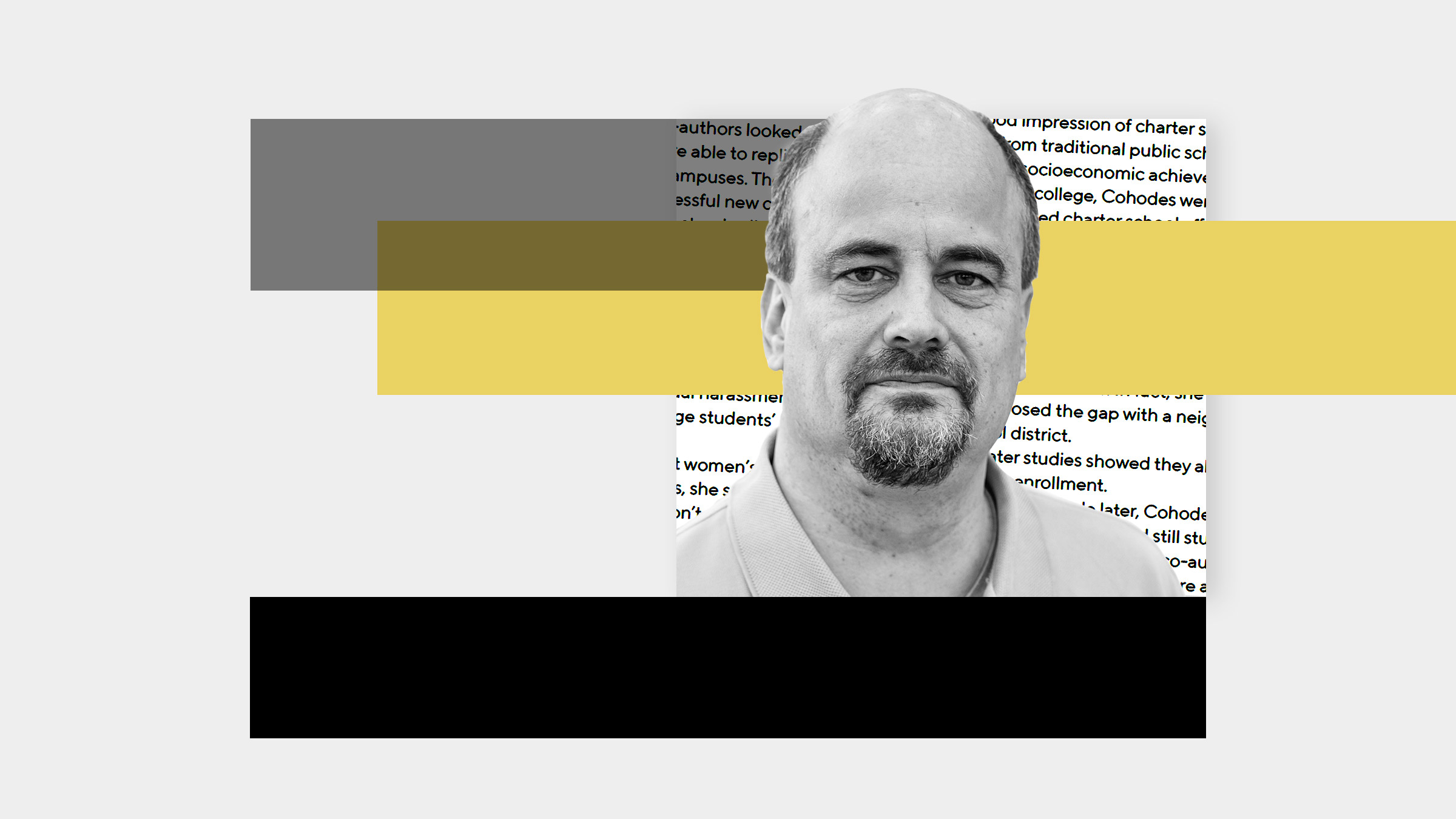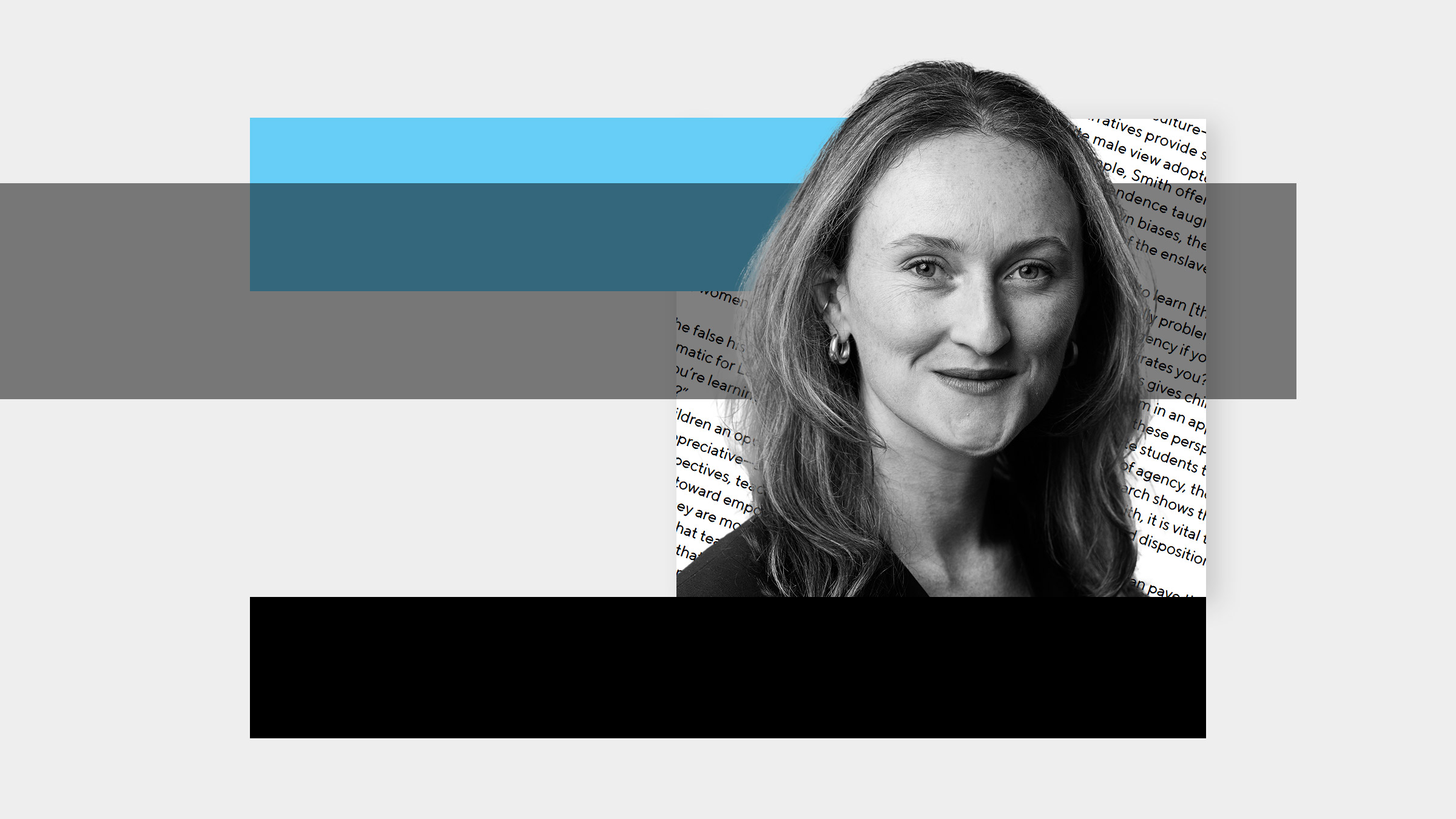The research community at the Institute includes visiting scholars, consultants, economists, research analysts, and research assistants. These scholars bring varied backgrounds, interests, and expertise to research that deepens our understanding of economic opportunity and inclusion as well as policies that work to improve both.
Yewande Olapade grew up amid banking and international economics, watching her father leave for work each day as an economist for a commercial bank in Nigeria. After studying economics in college, she similarly went to work in consumer and corporate operations for a bank in Lagos. “I wanted to understand how money gets transferred from one person to another,” Olapade said. “How does that translate to growth within the economy?”
As a Ph.D. student in the U.S., this curiosity translated into a focus on international trade. Olapade explored how lower trade barriers increase productivity and well-being in low-income countries, and how African firms can better capture the benefits of Africa’s continental free trade agreement. Her research on the 2018–2019 U.S.-China trade war assessed the welfare effects across U.S. states, including the impact of retaliation.
Olapade views the recent trade turmoil among global superpowers through the lens of her trade research on developing economies: “It is reasonable to conclude that when two elephants fight, some of the hens in the grass will suffer.”
Her trajectory as a trade economist changed when she took a job supporting the large bank “stress test” program at the Minneapolis Fed, validating the statistical models the Fed uses to see how banks could handle losses in different economic scenarios. The highly confidential data also poses a challenge for publishing publicly available research.
As an Institute visiting scholar, however, Olapade has found a way to merge her fluency in U.S. banking data with her longstanding curiosity about how the movement of money shapes society. Rather than international trade, her focus is on financial inclusion.
The Federal Reserve provides the backbone for millions of daily payments—a trove of potential insights, if treated with the right sensitivity. By combining branch-level financial flows with other financial and demographic data, Olapade is discovering what bank-to-bank movements of money reveal about geographic differences in savings, investment, and use of modern financial tools. “What do the payment patterns tell us about the incomes in these neighborhoods?” she said.
The research could also help the Fed’s bank examiners to detect suspicious activity and fraud. Without losing sight of the safety and soundness of banks, Olapade is leveraging the unique vantage of the Fed to learn about the safety and soundness of the communities those banks serve.
This article is featured in the Fall 2025 issue of For All, the magazine of the Opportunity & Inclusive Growth Institute
More scholar spotlights from this issue
Jacelly Cespedes—Lessons in household finance
John Bailey Jones—Bringing economic rigor to life’s “fuzzy stuff”
Katherine Richard—Identifying gaps, alleviating hardships
Jeff Horwich is the senior economics writer for the Minneapolis Fed. He has been an economic journalist with public radio, commissioned examiner for the Consumer Financial Protection Bureau, and director of policy and communications for the Minneapolis Public Housing Authority. He received his master’s degree in applied economics from the University of Minnesota.







